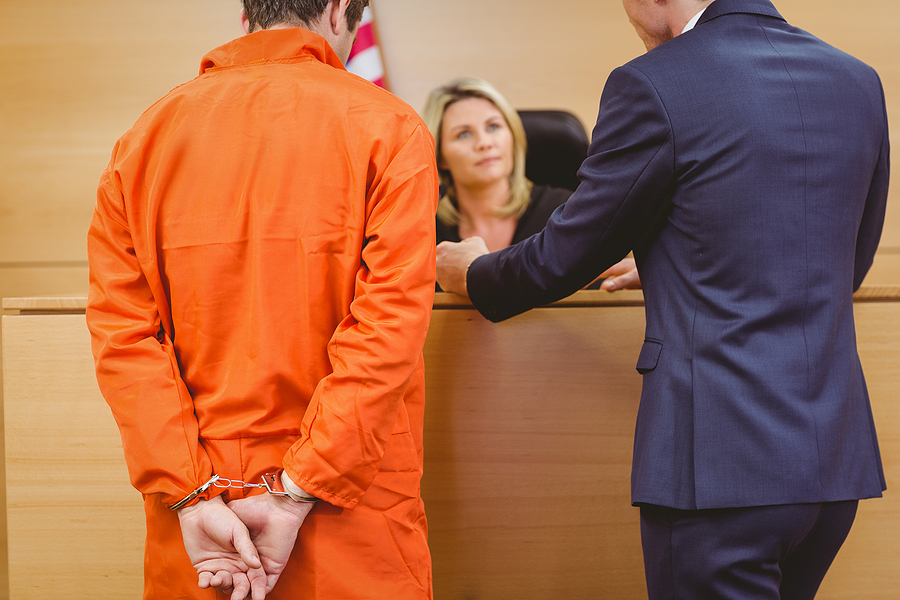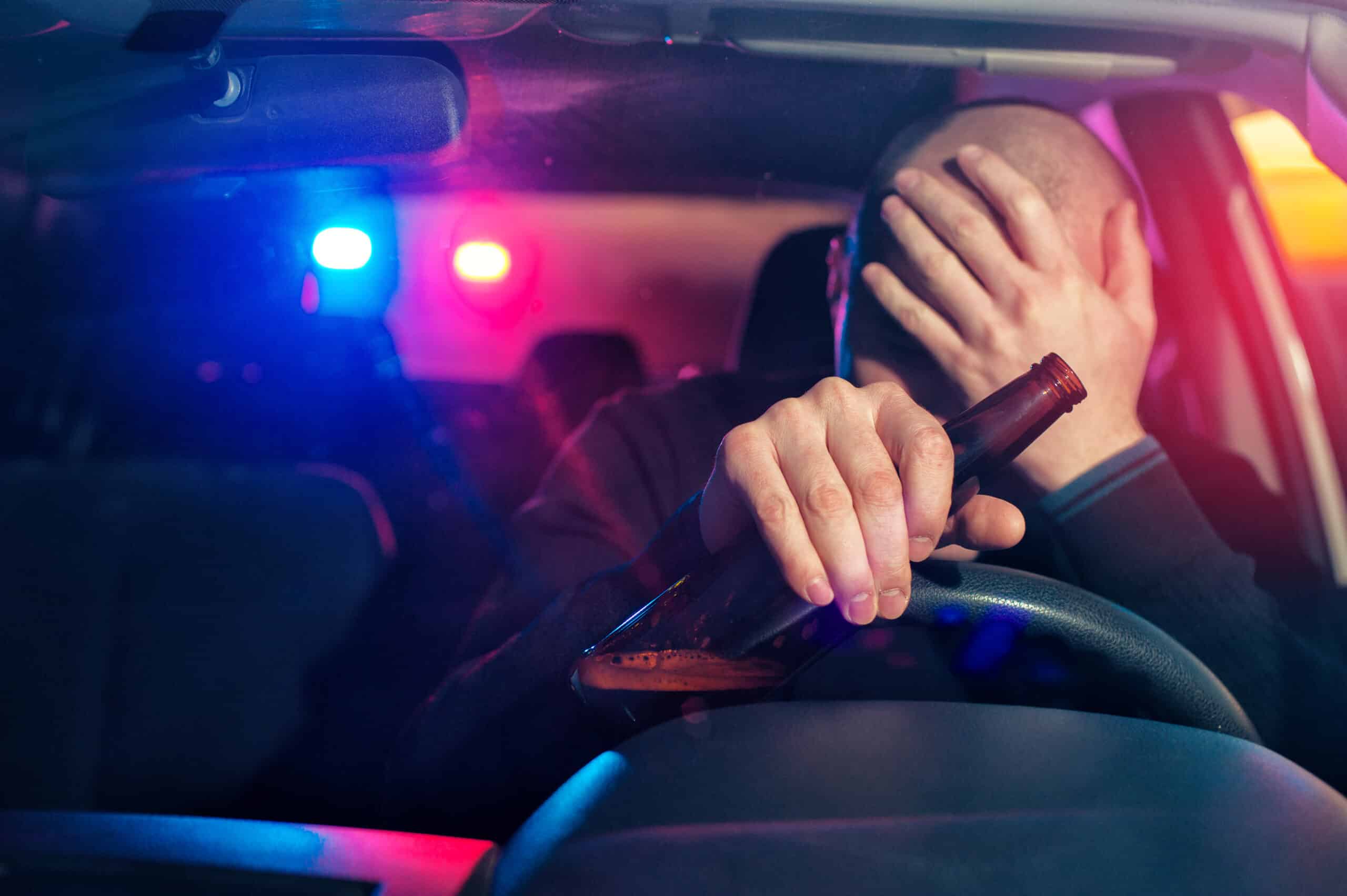What Are the Different Types of Probation in DUI Cases?
There are two types of DUI probation for those convicted of DUI offenses in the state of California: formal and informal.
Whatever type of probation you are under, you must comply with all the regulations and requirements asked of you. Failure to comply could be met with harsh punishments, including extensive jail time.
If you have been charged with DUI in Los Angeles, CA, we encourage you to contact our legal team for a free consultation. In your free case review, we will review the particulars of your case and determine your legal options for a defense.
What is Informal Probation?
Formal probation requires strict monitoring. Conversely, informal DUI probation has no direct supervision, requirements for reporting in, travel restrictions, drug or alcohol testing, or any search and seizure conditions.
When you are under informal probation, you must not drive a motor vehicle under any influence of alcohol. Even 0.01% blood alcohol concentration (BAC) is against the law in California when you are on informal probation. Additionally, you must agree to take a breathalyzer test whenever a law enforcement officer asks you to do so.
If you break the terms of your probation, a new arrest could result in additional criminal charges.
What is Formal Probation?
Formal probation, ordered by the court as an alternative to a prison sentence, requires that a DUI offender be under the supervision of an operation officer throughout the entirety of their probationary period. It is usually ordered for three to five years. It may require reporting requirements, travel restrictions, drug and alcohol testing, and certain seizure conditions.
If the DUI offender violates the terms and conditions of formal probation, the court will be notified, and they could sentence the offender to serve the remainder of their sentence in a county or state prison.
How Long is Probation After a DUI Conviction?
In Los Angeles, California, DUI probation following convictions can last for several years. This applies even to cases that result in summary or informal probation. Informal probation can last between three to five years. During this time, most drivers on informal probation are not required to work with a probation officer, but they must still obey all probation regulations issued by the court.
The length of time you can expect to be on probation stays the same for drivers convicted of subsequent DUIs. All motorists in California can expect to face three to five years of probation following a DUI conviction.
What is California’s ‘Zero-Tolerance’ Law?
Any driver on probation for a DUI is not allowed to operate a motor vehicle with any blood alcohol content of 0.01% or higher. Essentially, any measurable amount of alcohol in your system while driving during probation is against the law and could be considered drunk driving. These zero-tolerance laws are very similar to California’s laws against underage drunk driving, which also require that drivers have a BAC below 0.01%.
Anyone on DUI probation must agree to preliminary alcohol screening tests and other chemical tests to search for blood alcohol content. You are not allowed to refuse a blood test, urine test, cheek swab, breathalyzer test, or other type of breath test while you are on DUI probation.
What Are the Conditions You Must Abide by While on Probation in LA?
The conditions of your DUI probation may vary depending on several factors relevant to your DUI case, such as your level of intoxication, previous offenses, and aggravating factors in your case. However, those on DUI probation in California can expect to face many of the same conditions, and these include:
- Alcohol consumption may be monitored
- Attendance in Alcoholics Anonymous (AA) meetings
- Cannot be convicted of any new criminal violations
- Community service requirements
- Compliance with preliminary alcohol screening tests
- Driver’s license suspension
- Mandatory attendance in DUI education programs
- Must pay court fines and potentially restitution to victims
- Participation in a drug or alcohol treatment program
- Participation in victim impact programs such as Mothers Against Drunk Driving (MADD)
- Possibly monitored via an ankle bracelet
- Strict requirement not to drive under the influence of any substance, including marijuana
- Submitting to random drug or alcohol testing
- Urinalysis tests
- Use of ignition interlock device (IID)
When is an Ignition Interlock Device (IID) Required?
Ignition interlock devices prevent motor vehicles from starting unless the driver provides an alcohol-free breath sample. Following DUI convictions, IIDs could be required to obtain a restricted driver’s license. Criminal court judges may order the defendants to install an ID if the defendant had especially high BAC levels at the time of their DUI arrest. IIDs may also be required if the defendant has prior DUI convictions or refuses to take a breath test.
What Impact Can DUI Probation Have on Your Life?
While a DUI charge and any subsequent probation may not be life-ending, the consequences and effects on your daily life are significant.
For example, you may have your driver’s license suspended, and then driving without a license could result in new charges and probation violations. Additionally, certain employment opportunities may be limited. And your probation may require attendance in various DUI classes, as well as random chemical testing during traffic stops, which can be difficult to bear.
What is DUI Probation for a First-Time Offender?
For first-time offenders in California, the DUI probation that is received is often informal probation. In most DUI cases, informal probation typically lasts three years for first-time offenders.
What Happens if You Violate Your DUI Probation?
California drivers who violate their DUI probation could face a number of harsh consequences. Depending on the circumstances, a judge may decide to:
- Add time to the length of your probation
- Demand that you meet new additional requirements
- Install an ignition interlock device
- Mandated attendance in an alcohol treatment program or DUI school
- Require fees to be paid to the court
- Restart your DUI probation
- Revoke DUI probation and send you to jail instead
Is it Possible to Terminate Probation Early?
California law allows motorists to petition the courts for permission to terminate their DUI probation earlier than planned. To do so, it is highly recommended that you retain professional legal representation from an experienced DUI attorney. Drivers are more likely to secure the termination of DUI probation if they have committed no additional criminal acts, paid all necessary fines, attended and completed all alcohol education programs, and adhered to all other requirements.
Contact Us for a Free Consultation with an Experienced DUI Legal Team Today
DUI Defense Group is a law firm dedicated solely to defending clients charged with DUI offenses in the Los Angeles area. We pride ourselves on providing aggressive yet compassionate legal counsel to clients in need of our services and difficult days following DUI convictions. To learn more about our legal services, please get in touch with our law office to schedule your free consultation today. You may reach us at 866-927-3295.



